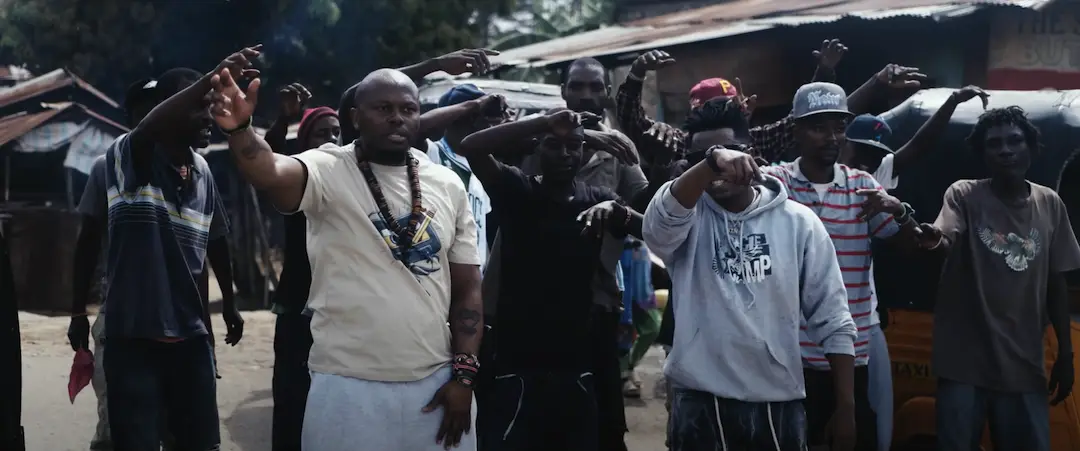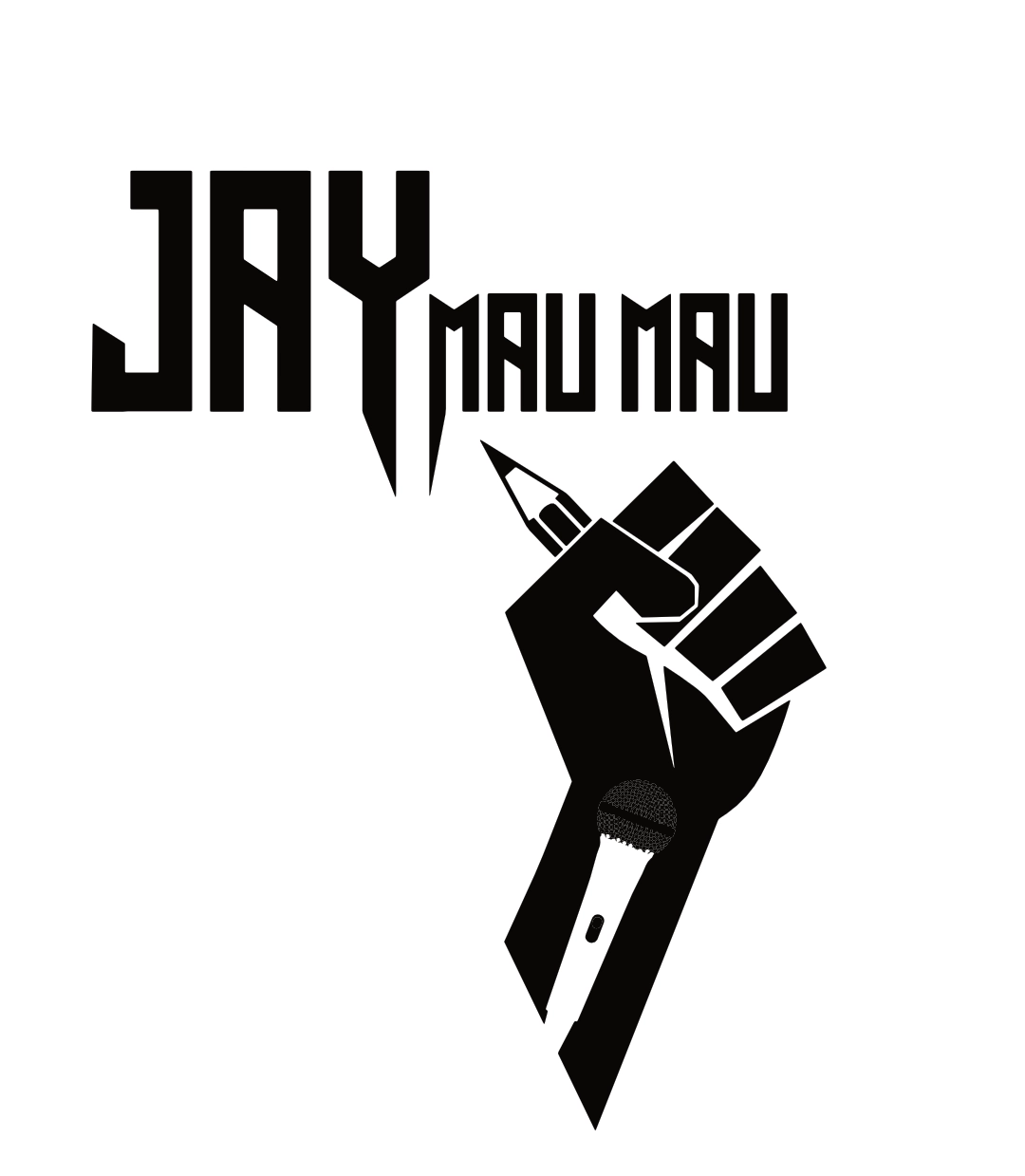Gilda-Nancy Horvath wrote and recorded her first angry rap, “Trushula,” alone in front of her laptop. The song is an anthem of an artist railing against the racism that her Roma people face in Austria and elsewhere.
Eight years later, her quest has gained new relevance with the European far-right’s resurgence. In that first song, she spits out her rhyming verses to the beat of keyboards and drums and attacks a number of their leaders.
With the Nazi-established Opportunity Party (FPOe) besting the surveys without precedent for Austria’s public decisions last end of the week, the lobbyist told AFP she is determined to criticize “the lies of the extreme right”.
Horvath raps in Romani under the stage name Nancy Black not only to “settle scores” with racists who target her community, but also to preserve the language and “stop the suffering.”
According to the European Union Agency for Fundamental Rights (FRA), Roma, who are estimated to number 14 million across Europe, are subjected to poverty as well as discrimination in both the workplace and schools.
The Lovara, a group of Roma who traded horses under the Austro-Hungarian Empire, are Horvath’s ancestors.
Although the official number of Roma in Austria is only 30,000 out of the nine million people living there, many of them avoid identifying themselves for fear of discrimination.
She stated, “The Nancy Black project gives them the courage to not hide.”
- Netflix Roma hip-jump show –
Wearing round glasses and dressed all in dark, Horvath decides to sing in Romani, a jeopardized language which is orally sent. Additionally, she has released Romani lullabies.
She stated, “We are also forgetting a large part of our history with the death of this language.”
She stated that her Romani raps “touch young people.”
A series about a 17-year-old Roma girl who is torn between her dream of making a name for herself in hip-hop and the strict rules of her family was launched by Netflix last year.
Horvath additionally battles for Roma specialists to show up on Spotify and iTunes to have the option to “enter and find their place in standard culture”.
Anna Piotrowska, a musicologist at Jagiellonian University in Krakow, Poland, claims that Roma singers are beginning to make their way into popular culture.
She gives the Polish artist Viki Gabor, who won the 2019 Junior Eurovision Song Contest, as an illustration.
According to Piotrowska, who spoke with AFP, “Roma have always assimilated (Western) fashions and reworked them in an innovative way.” Furthermore, “protest rap is very popular” among youth.
Piotrowska went on to say that women in particular are breaking down barriers.
She added that, in the past, Roma music was “a man’s job,” with men playing the cymbal, a popular Roma instrument, for 99 percent of the time.
- Holocaust memory among Roma – However, Horvath stated that inequality and discrimination persist even in Austria, where the constitution recognizes Roma as a minority that has existed there since the 15th century.
It grants Roma the right to their own bilingual establishments and broadcasts, as well as a fund to support associations.
Horvath was a journalist for the Romani programs of the public television channel ORF for a number of years.
At one of her new stage shows, she utilized parody to cause her crowd to comprehend the demonization Roma individuals endure.
She read a text between songs in front of about 100 people who were almost all non-Roma, or “gadje” in Romani. The text called the “gadje” a “discriminated minority” and turned a vicious stereotype on its head.
She stated, “I use the same pseudo-scientific language” as is used in public discourse to imply that Germans are all alcoholics and violent due to the existence of the Oktoberfest beer festival in Munich and the annual rapes there.
She stated, “That is not representative of German society, but it is how the Roma are discussed in the media.”
She likewise composes sonnets about the killing of somewhere around 500,000 Roma by the Nazis – – an outrage additionally alluded to in her initial melody “Trushula”.
It is referred to as the “Porajmos” by Roma, which translates to “devouring.”
“Our progenitors were killed. That is a fact,” stated Horvath, who has paid numerous visits to Auschwitz to remember Holocaust victims.
“However, as in most families, there was silence in the day-to-day life of my family.”

















